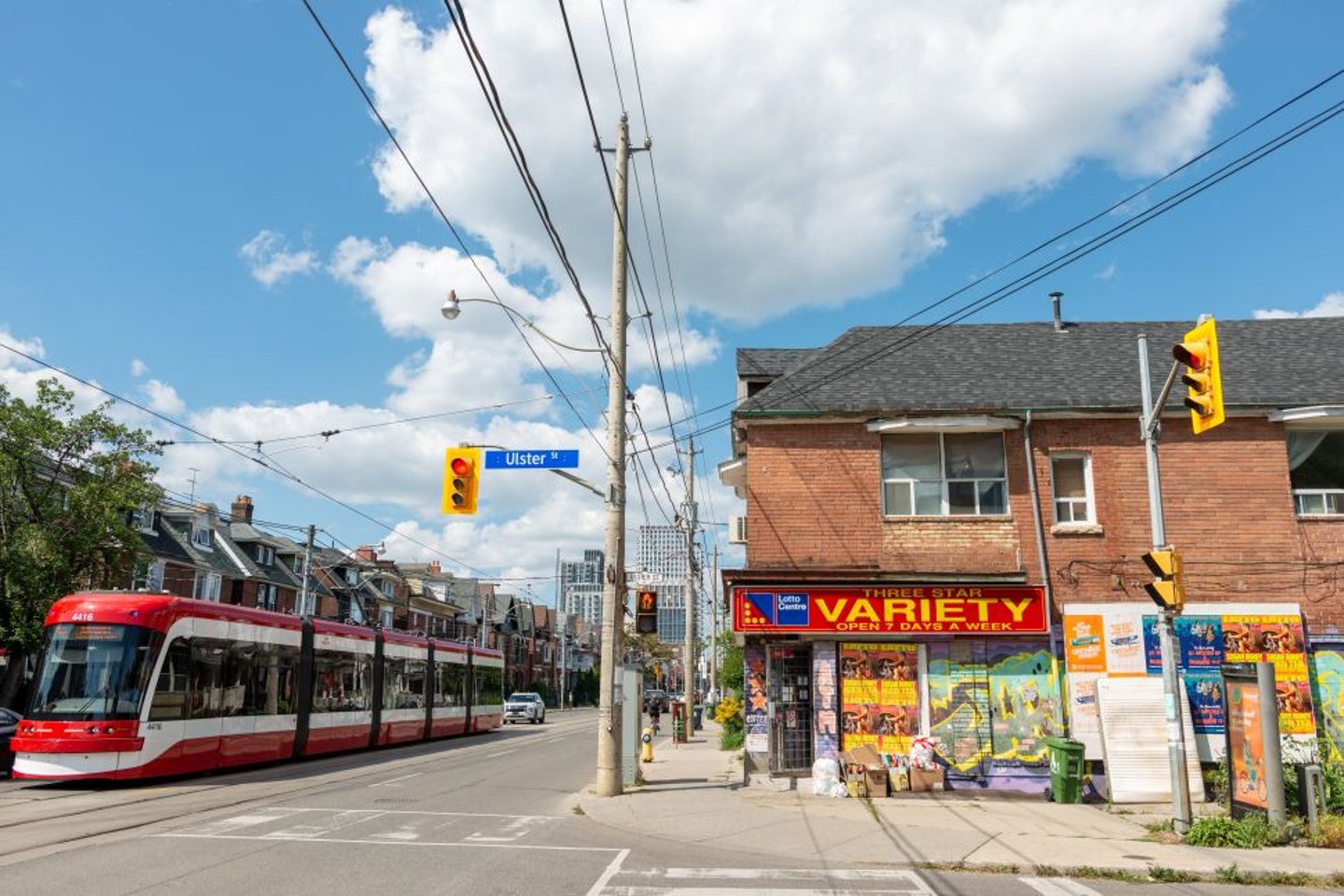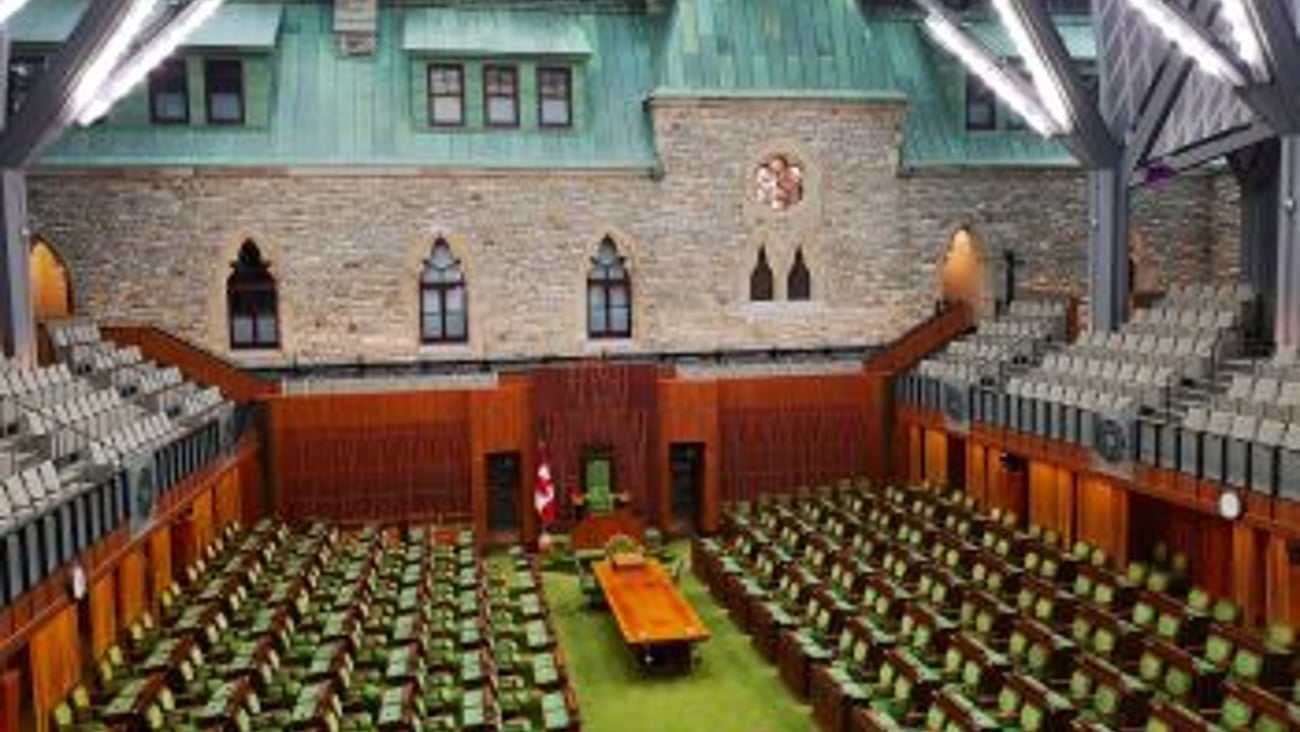Corner stores at a crossroads: A call to action for Canada’s new government
Canadians know that convenience stores are more than just locations to grab a coffee, or a snack to fuel up for the daily commute —they’re the lifeblood of communities, from bustling city corners to remote rural areas.
Yet, retailers are struggling. A relentless tariff war with the United States, soaring costs to keep shelves stocked and a thriving black market for nicotine products are hurting our industry. Our latest data tells the story that’s unfortunately been the trend for the past 8 years – every day, 1.5 convenience stores close their doors, with rural areas—where we’re often the only source of essentials—bearing the brunt.
And that’s the narrative of the story we must reinforce with Prime Minister Mark Carney’s new minority government.
The good news is that PM Carney is a leader whose resume as a global financial titan signals a deep understanding of business. Carney’s analytical mindset, rooted in data and detail, and his pledge to strengthen Canadian enterprises against tariff threats resonate with our industry’s struggles. This new parliament is our chance to reinforce the importance of Canada’s convenience industry to thousands of communities not to mention the national economy.
We’re ready to lead the charge
The government’s early moves inspire cautious optimism. There are already encouraging signs that it will consider policy changes that impact our channel and take action to address them. The elimination of the consumer carbon tax, and pulling back capital gains tax changes, are welcome news for retailers. Some other opportunities where we can drive change include:
First, cutting the red tape strangling small businesses. The Liberals’ vow to forge “one Canadian economy” by dismantling internal trade barriers and streamlining regulations within 60 days is music to our ears. Convenience stores face a maze of conflicting rules—on food safety, vaping, tobacco, and alcohol sales—that jack up costs and sap our energy. As PM Carney and Canada’s provincial premiers tackle regulatory harmonization, we’ll ensure these reforms work for the corner store owner juggling compliance with serving customers.
Second, taking a stand against illicit trade. Illegal markets, from contraband tobacco to unregulated online sales, are an ongoing challenge. The Liberals’ platform doesn’t directly address this, but their commitment to safer communities—through stronger cybercrime measures, enhanced border controls, and new powers for Canada Post to intercept suspicious packages—lays a foundation. These tools could help disrupt the flow of black-market goods that undercut our stores. We’ll push for aggressive enforcement to protect our businesses and the communities we serve.
Third, backing the little guy. Carney’s vision to bolster Canadian industry, reform procurement to prioritize local suppliers, and harness government purchasing to uplift small businesses is welcome news. Convenience stores are the backbone of local economies, yet we’re weighed down by costs like interchange fees that remain unaddressed previous governments. Still, proposed banking reforms and a corporate tax review offer openings to advocate for relief. We’ll make the case that supporting corner stores means strengthening Canada’s economic core.
A minority government also offers opportunities to leverage the strong relationships we have built with opposition parties. We have Conservative support on issues like contraband and nicotine pouches and Bloc support on credit card fees. In the give and take world of minority politics, CICC will use this to our collective advantage.
The road ahead isn’t easy, but this government offers a window of opportunity. At the CICC, we’re ready to roll up our sleeves, working with policymakers to champion the stores that keep Canada connected. Our corner stores aren’t just businesses—they’re community anchors, delivering essentials and a familiar face. With a new government, there’s an opportunity to tell our story and build a future where convenience stores don’t just survive but thrive. The time to act is now.







